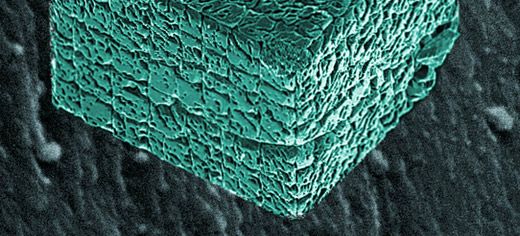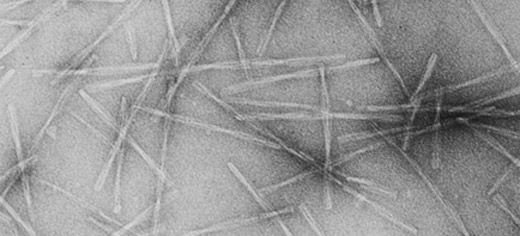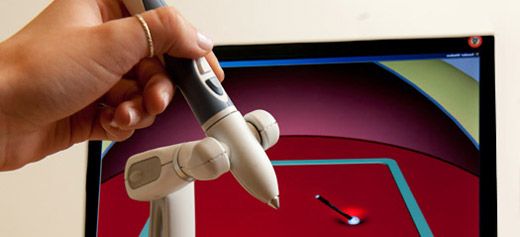
Polymer gel batteries
University of Leeds scientists have invented a new type of polymer gel that can be used to make safer, smaller and cheaper lithium batteries.

University of Leeds scientists have invented a new type of polymer gel that can be used to make safer, smaller and cheaper lithium batteries.

Scientists have successfully created synthetic crystals whose structures and properties mimic those of naturally occurring biominerals such as seashells.

A molecule which can stop the formation of long protein strands, known as amyloid fibrils, that cause joint pain in kidney dialysis patients has been identified by Leeds researchers.

Researchers at the University of Leeds have discovered a pain-free way of tackling dental decay.

Engineering students from the University of Leeds have found a way to let surgeons keep their sense of touch when operating at a distance with 'keyhole' techniques.

A University of Leeds researcher has drawn inspiration from biology to build a giant robotic worm that can wiggle its way around obstacles.

Scientists have made an important step forward in their understanding of cryoprotectants - compounds that act as natural 'antifreeze' to protect drugs, food and tissues stored at subzero temperatures.

Scientists could have a revolutionary new way of measuring how much of the potent greenhouse gas methane is produced by cows and other ruminants, thanks to a surprising discovery in their poo.

University of Leeds PhD student Nick Higgs is jetting off to California this week to study a mysterious type of bone-eating 'zombie worms' that live off the skeletons of whales deep on the ocean

A PhD student at the University of Leeds has developed a fast, accurate and inexpensive method of creating detailed vegetation community maps over very large areas.